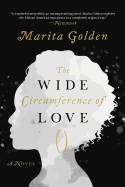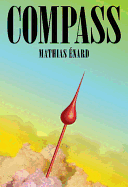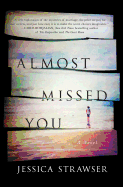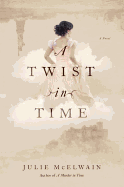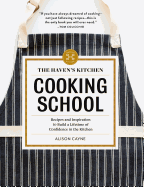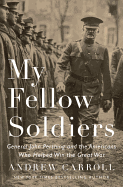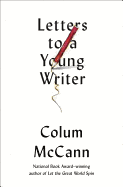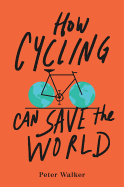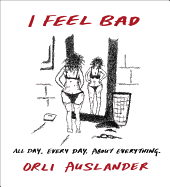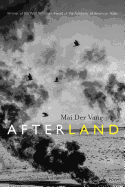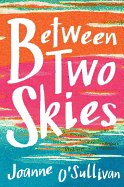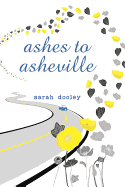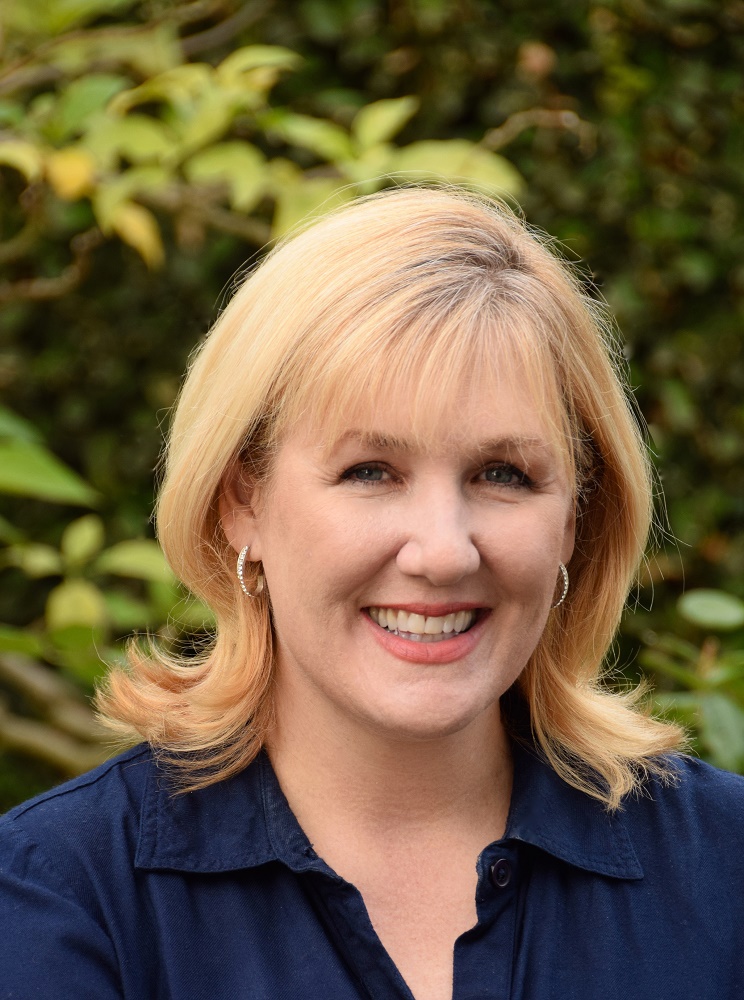 Julie McElwain is the West Coast editor for Soaps in Depth, a national soap opera magazine. She lives in Long Beach, Calif., and is the author of two time-travel mysteries, A Murder in Time and A Twist in Time (recently published by Pegasus), featuring an FBI profiler who accidentally ends up in Regency England.
Julie McElwain is the West Coast editor for Soaps in Depth, a national soap opera magazine. She lives in Long Beach, Calif., and is the author of two time-travel mysteries, A Murder in Time and A Twist in Time (recently published by Pegasus), featuring an FBI profiler who accidentally ends up in Regency England.
You've been a journalist for a lot of years. What made you decide to turn to fiction?
Growing up, I always wrote fiction. I wanted to write a mystery series like Nancy Drew. When I went to college, I pursued a double major--fashion design and journalism. When I moved to California, I utilized both majors when I became a business reporter working for a fashion newspaper. During this time, I kept writing fiction on the side. For years, I never made it beyond chapter six. Then I finally managed to complete an entire manuscript. I wrote three books, but couldn't get an agent interested enough to represent me. When I wrote A Murder In Time, I went through a slew of rejections. In the past, I'd give up after maybe the 10th rejection. There was something about this book that compelled me to keep sending it out until I got lucky and found my agent, Jill Grosjean, and publisher, Pegasus.
Your tenacity is reminiscent of your heroine, FBI profiler Kendra Donovan. Kendra has a hard time adapting to the rigid mores of life in Regency England, in spite of her prodigious talent and intellect. Do you think she would have assimilated more easily in a different era, or is the shock of time travel just too great?
I think Kendra definitely would have had an easier adjustment if she had landed maybe two decades in the past rather than two centuries earlier. As crazy as time travel is, Kendra would have adjusted to that concept--although she might need to pinch herself to assure herself that she's not dreaming. Kendra's biggest issue is being stuck in an era where women had no rights. I actually have trouble sometimes in my research wrapping my head around the lack of rights. I think we forget that until fairly recently, marriage and motherhood were really the only acceptable path open to women, especially if they belonged to the upper classes.
Women were educated at home, if they were educated at all. When they married, they became the property of their husband. If they didn't marry, they depended on their male relatives to provide for them. For someone as independent as Kendra, this is an unbearable circumstance!
What gave you the idea for a time-traveling FBI agent? It's a very fun concept; did it develop slowly or did inspiration strike?
For about 16 years, I've had the idea of doing a time-travel mystery, but it was really intimidating because I knew it would require a lot of research. Then, about 10 years ago, the son of one of my friends was playing a videogame on an old TV--one controlled with dials, not remotes--that I had given him. I was over at my friend's place when he and his friend came running out to say that there was something wrong with the TV. I went to look at it, and turned the dial to the appropriate channel, and--presto--their videogame returned. Both of these kids were so smart, but they were like, "We just don't get this old technology." I started to think, "If all our technology would just disappear one day, what would we do? Could we survive?" Instead of creating a story about a dystopian future where technology disappears, I decided to send my main character, a kick-ass, modern woman, back before most of our technology was even invented. Of course, it still took me several years to start writing!
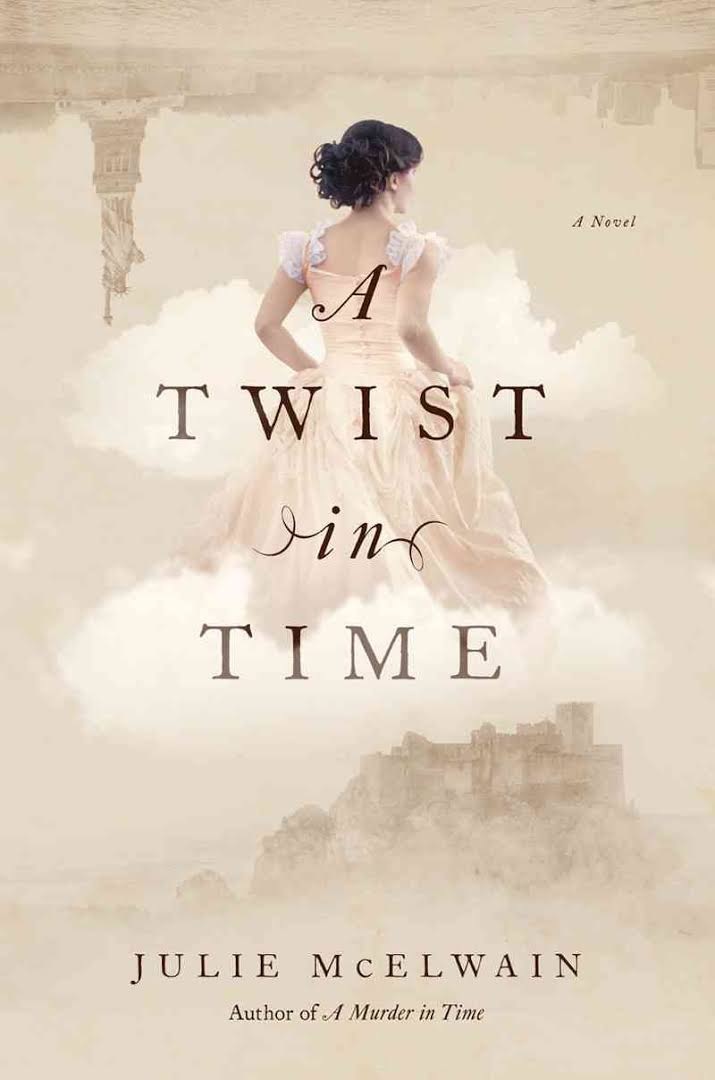 How did you research the Regency era? Do you have a favorite Regency author to recommend?
How did you research the Regency era? Do you have a favorite Regency author to recommend?
I've read a lot of romances set in the Regency era, including Georgette Heyer (who is wonderful, and whom I would highly recommend). I also began reading blogs on the Regency era and Jane Austen, and nonfiction books--everything from crime in that era to fashions to lifestyles of the servants to the upper classes. After I wrote A Murder in Time, I came across C.S. Harris's Sebastian St. Cyr mystery series. I'm glad that I didn't read any of her books before I wrote mine, because we are creating characters for roughly the same time period (mine is set in 1815 while Ms. Harris' series begins a few years earlier). It's impossible not to have some similarities, and I would have been afraid of being influenced. However, after A Murder in Time was published, I read my first Sebastian St. Cyr mystery, and I am completely hooked! Ms. Harris has definitely become one of my favorite authors!
Speaking of time periods, if you found yourself suddenly catapulted to a new era, which one would you be crossing your fingers to find yourself in?
Oh, my gosh, that is an excellent question, and a tough one! I always enjoyed reading Regency romances because that time period seemed so elegant and well-mannered. And I still enjoy reading Regency romances, but after considerable research into that era, I think realistically it would be difficult for a modern woman. I value my independence, and it would be too hard to give that up. If I was forced into another era permanently, I'd take my chance on some unknown time period in the future. But if I could temporarily visit an era, I would like to check out the Victorian age in England. I also really loved Jules Verne's stories, and he made that era seem almost magical. I don't know if I could survive the women's fashions, though, with the bustle and corset, and button-up shoes!
Corsets are awful indeed! But perhaps we can look forward to some Victorian fiction from you in the future! In the meantime, can you give us a sneak peek at what's in the works? More Kendra Donovan?
It depends on how well A Twist in Time does, but I am working on a third book that continues Kendra's adventures. I can't say too much--the book is still mostly in my head--but there is a twist in it that I'm quite excited about! --Jessica Howard, blogger at Quirky Bookworm
Julie McElwain: Playing with Time
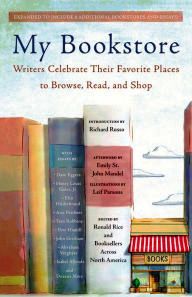 Sometimes funny, often entertaining and always heartfelt, their contributions emphasized something readers may not be aware of: the many ways that indie bookstores are crucial to writers, particularly as they begin their careers and need help introducing their work and themselves to readers. In addition, indies keep established writers connected with their readers and with the wider book world. Bookstores also help writers in the same way they do other customers: introduce them to books and authors they wouldn't know about otherwise, and offer them all the activities, services and charm that indies provide.
Sometimes funny, often entertaining and always heartfelt, their contributions emphasized something readers may not be aware of: the many ways that indie bookstores are crucial to writers, particularly as they begin their careers and need help introducing their work and themselves to readers. In addition, indies keep established writers connected with their readers and with the wider book world. Bookstores also help writers in the same way they do other customers: introduce them to books and authors they wouldn't know about otherwise, and offer them all the activities, services and charm that indies provide.



 How did you research the Regency era? Do you have a favorite Regency author to recommend?
How did you research the Regency era? Do you have a favorite Regency author to recommend?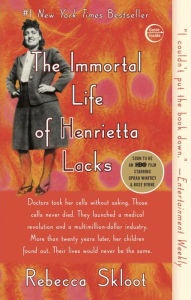 In 1951, Henrietta Lacks, a 31-year-old African-American, underwent treatment for cervical cancer at Johns Hopkins University. Part of her diagnosis included a biopsy of her tumor. After Lacks's death later that year, researcher George Otto Gey discovered her biopsied cancer cells reproduced extremely rapidly, and were effectively immortal when kept under the right conditions. This cell line, which became known as HeLa, facilitated major breakthroughs in medical research, including Jonas Salk's polio vaccine in 1955. The HeLa line is still used to this day, and an estimated 20 tons of the cells have been grown in labs.
In 1951, Henrietta Lacks, a 31-year-old African-American, underwent treatment for cervical cancer at Johns Hopkins University. Part of her diagnosis included a biopsy of her tumor. After Lacks's death later that year, researcher George Otto Gey discovered her biopsied cancer cells reproduced extremely rapidly, and were effectively immortal when kept under the right conditions. This cell line, which became known as HeLa, facilitated major breakthroughs in medical research, including Jonas Salk's polio vaccine in 1955. The HeLa line is still used to this day, and an estimated 20 tons of the cells have been grown in labs.